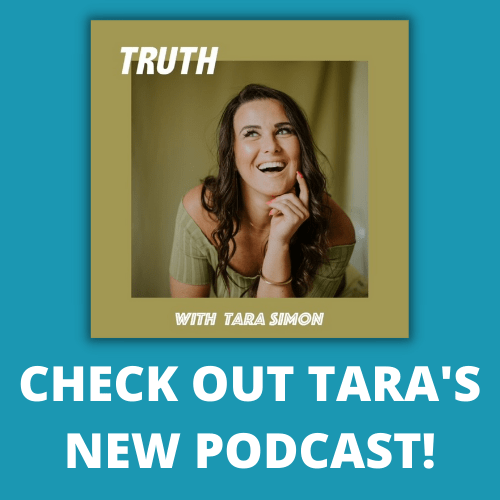At Tara Simon Studios, we focus on helping our students navigate their way through vocal challenges in the healthiest of ways. In this tutorial, Coach Tara and Coach Nikki share what they have found to be the three biggest mistakes singers make that causes the most vocal damage.
Practice Tourette’s
This bad habit happens when a singer is having a hard time with a section of a song. It might be a riff or a high note that’s attempted but not perfectly executed, so they try again and fail. And then they try again and fail, and on and on.
Repeating the trouble spot over and over might seem like the right thing to do, but this continuous loop is causing vocal fatigue making each new attempt even less likely of success than the previous one. At this point, you need to just stop, take a breath, and resume at a later time.
Another unfortunate outcome is muscle memory being created by repeated attempts. Because nothing is being changed from one attempt to the next, all that is being learned is how to continually sing that spot incorrectly. This is why working with a vocal coach is important in identifying the cause of a problem and helping you to master what could be a continuous issue on your own.
Overcompensating
Less is more! It’s very easy to get caught up in a performance where a singer wants to put everything out there at a maximum level all the way through. Doing this can lead to over-singing, creating strain and overall poor technique.
The reason singers tend to overcompensate is often due to insecurities and the desire to prove they are worthy and deserving to be on that stage. In order to avoid this trap, reflect on your innate worthiness so you can step into your truly authentic self.
Song Selection
Song selection itself doesn’t cause vocal damage, but trying to sound like the original singer when you have a completely different type of voice will cause damage. For example, if your voice is like Billie Eilish and you try to belt out a song like Jennifer Hudson, you’re going to cause yourself vocal damage.
If there are certain qualities you want to incorporate into your voice, a vocal coach can help you do this in a gradual and healthy way. But above all, never forget your own voice is special and unique. Your favorite singers didn’t try to imitate or be someone else other than who they were designed and intended to be as a singer.
If you want feedback on your voice or ways to avoid vocal damage, take advantage of our free 15-minute assessment: Vocal Assessment.
For vocal coaching help (lessons and courses): https://tarasimonstudios.com/vocal-coaching/



